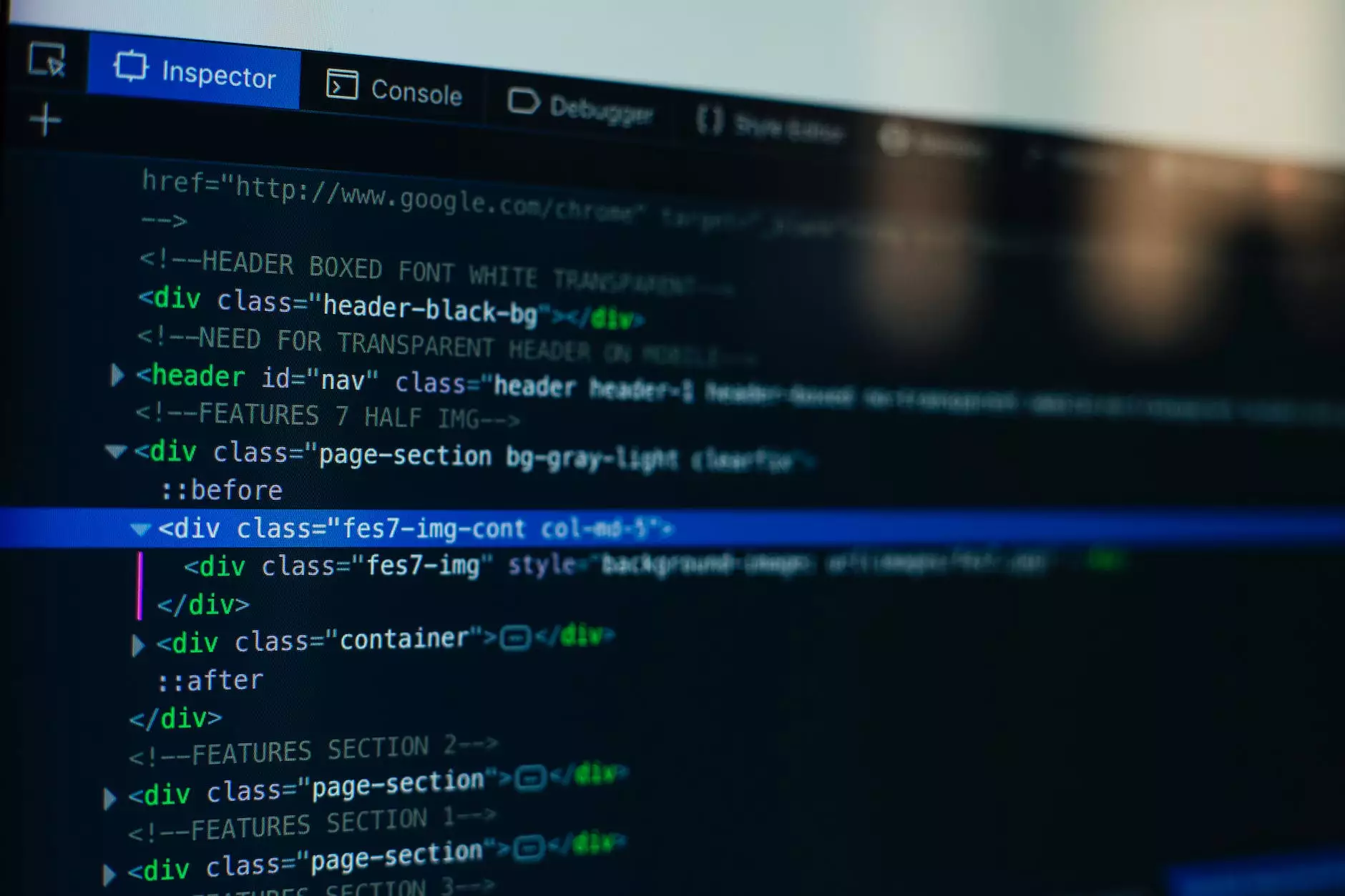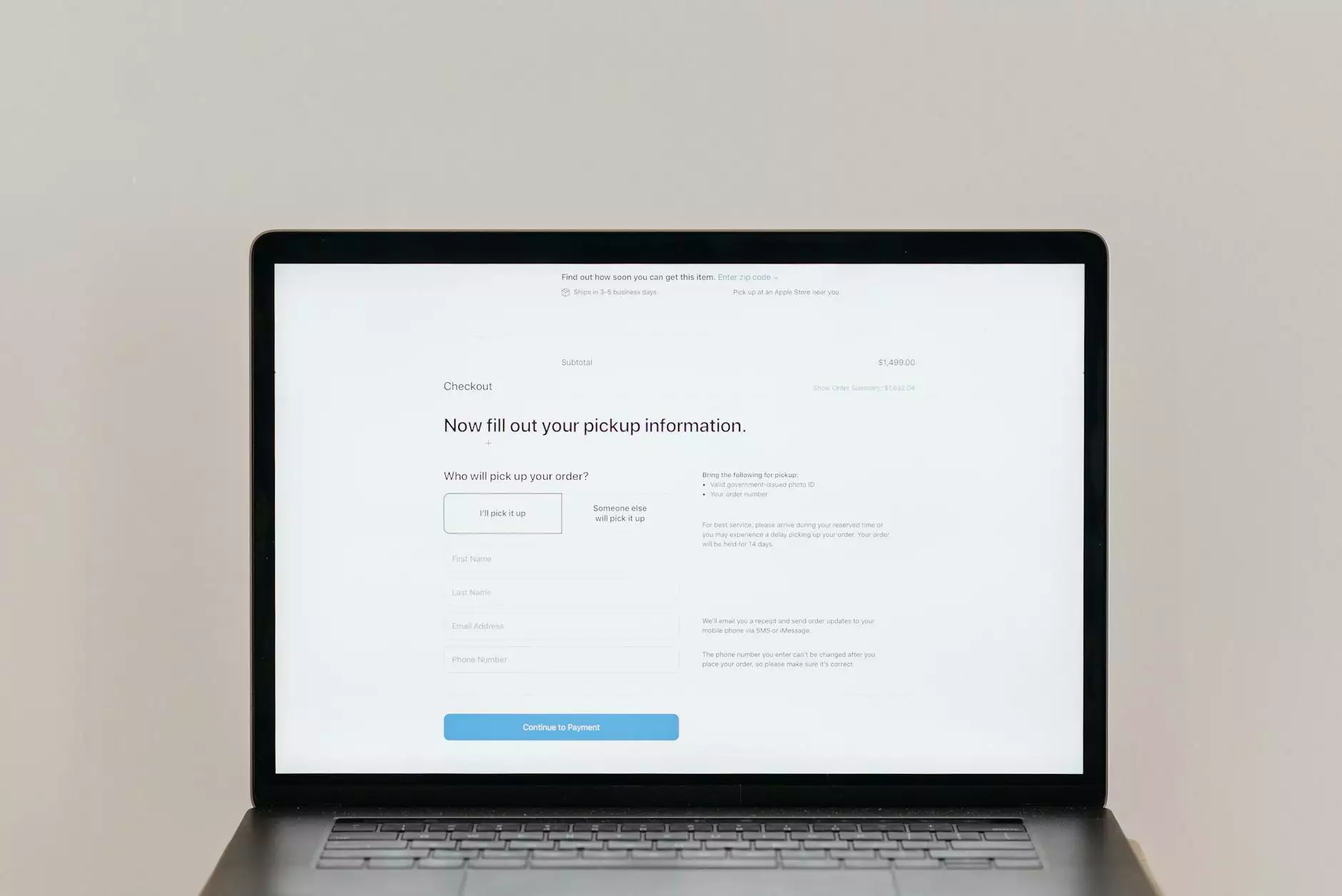The Essential Role of a Building Control Inspector

Introduction to Building Control
In the realm of construction, the significance of a building control inspector cannot be overstated. These professionals are integral to ensuring that building projects comply with national safety standards and regulations. Their role spans various activities, all aimed at safeguarding the structural integrity and safety of buildings and their occupants.
Understanding the Role of a Building Control Inspector
A building control inspector is responsible for reviewing construction plans, inspecting buildings under construction, and ensuring regulatory compliance. Their primary goal is to protect public health and safety through effective building practices. Here are some of the key responsibilities of a building control inspector:
- Plan Examination: Review architectural and engineering plans to ensure adherence to building codes.
- Site Inspections: Conduct on-site inspections at different stages of construction.
- Compliance Enforcement: Ensure all work complies with building regulations and safety standards.
- Documentation: Prepare detailed reports and documentation of inspections and findings.
- Consultation: Consult with architects, builders, and contractors to address compliance issues.
The Importance of Building Control in Construction
Building control is essential for numerous reasons. Here’s why having a qualified building control inspector is paramount:
- Safety: The primary purpose of building control is to protect the safety of residents and the general public. Without inspections, dangerous construction practices may go unchecked.
- Regulatory Compliance: Complying with building regulations is not optional; it is mandatory. A building control inspector ensures that every aspect of construction meets legal requirements.
- Quality Assurance: Regular inspections help maintain a high standard of construction quality and craftsmanship.
- Risk Mitigation: Early detection of issues can prevent costly repairs and legal problems down the line.
- Community Trust: Building control fosters community trust in the safety and integrity of structures.
Common Services Provided by Building Control Inspectors
Building control inspectors offer a range of services that contribute to the overall success of construction projects. Their expertise can be utilized at different stages:
Pre-Construction Services
Before construction begins, building control inspectors can:
- Review plans for compliance with local and national regulations.
- Provide guidance on safety standards and material use.
- Offer pre-application advice to avoid potential pitfalls.
During Construction Services
During the construction phase, inspectors:
- Conduct site visits and progress inspections to monitor compliance.
- Assess installations of critical systems such as electrical and plumbing.
- Ensure that safety measures are implemented correctly.
Post-Construction Services
Once construction is complete, building control inspectors can:
- Provide final inspections and approvals for occupancy.
- Issue building control certificates confirming compliance.
- Assist in addressing any post-occupancy issues that arise.
Getting the Most Out of Building Control Services
To maximize the benefits of working with a building control inspector, consider the following tips:
1. Early Engagement
Engaging a building control inspector early in the process can lead to smoother project execution. Early guidance can identify potential issues before construction begins, saving time and money.
2. Clear Communication
Maintain open lines of communication with your building control inspector. Discuss any changes to the project as they arise, ensuring compliance is maintained throughout.
3. Documentation
Keep thorough records of all communications, reports, and inspections. This documentation will be invaluable in case of disputes or compliance audits.
4. Understanding Regulations
Familiarize yourself with relevant building regulations and requirements in your area. This knowledge can help streamline your compliance process and facilitate better interactions with the inspector.
The Future of Building Control
The field of building control is evolving with advancements in technology and changes in legislation. Here are some trends shaping the future:
- Digital Tools: The use of software and digital tools is optimizing the plan review process and improving communication among stakeholders.
- Sustainability Standards: Greater emphasis is being placed on energy efficiency and sustainable building practices, requiring inspectors to update their knowledge regularly.
- Building Information Modeling (BIM): Increased adoption of BIM technologies is enhancing the way inspections are conducted and documented.
- Continuing Education: Ongoing training and certification are becoming essential for inspectors to remain compliant with evolving codes and practices.
Conclusion
In conclusion, the role of a building control inspector is critical in the construction landscape. They are the guardians of safety, quality, and compliance. By understanding their responsibilities and collaborating effectively, contractors and builders can ensure their projects are successful and meet the required standards. If you are planning a construction project, consider engaging a qualified professional from Total Building Control to guide you through the complexities of building regulation compliance.









